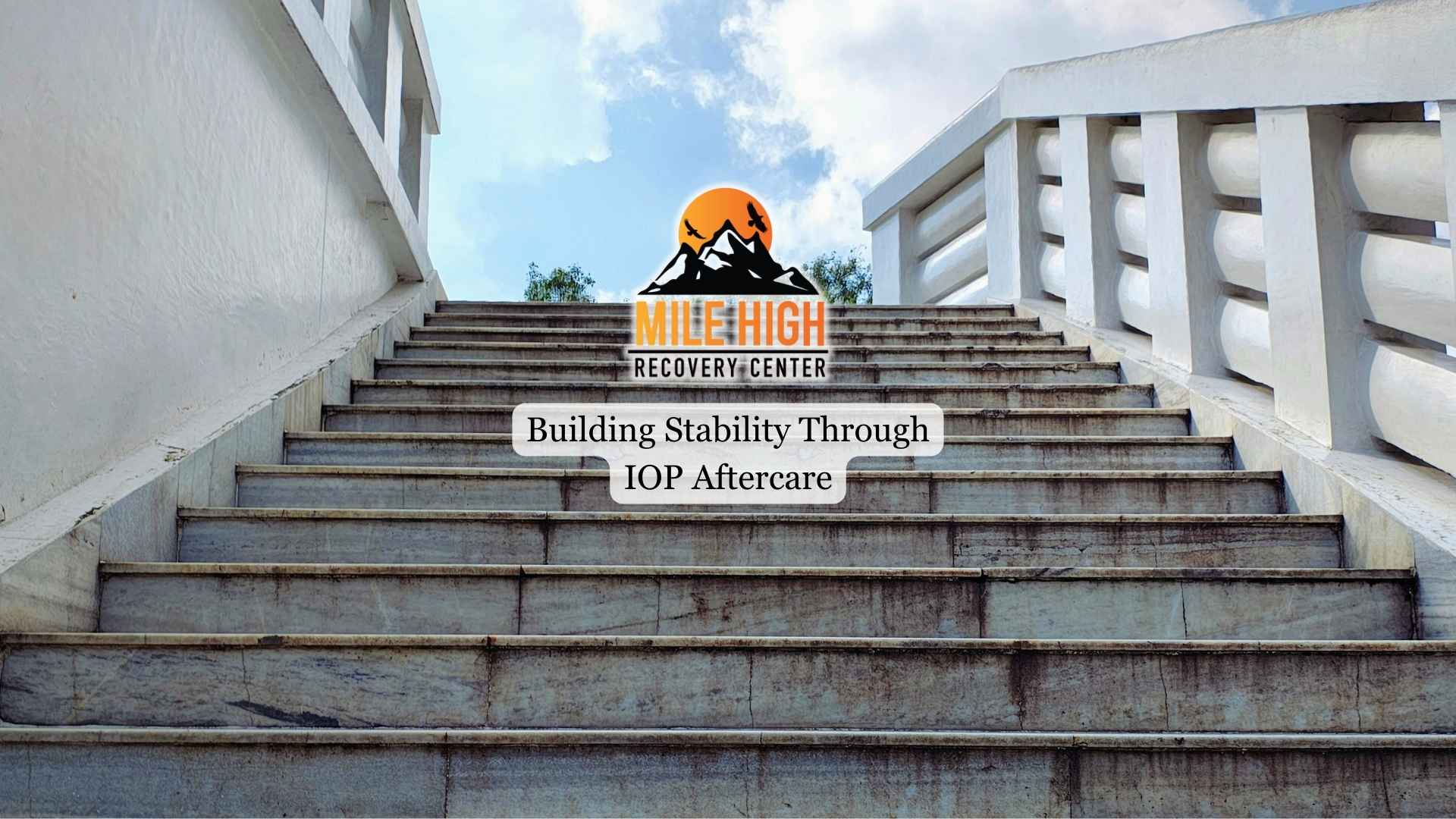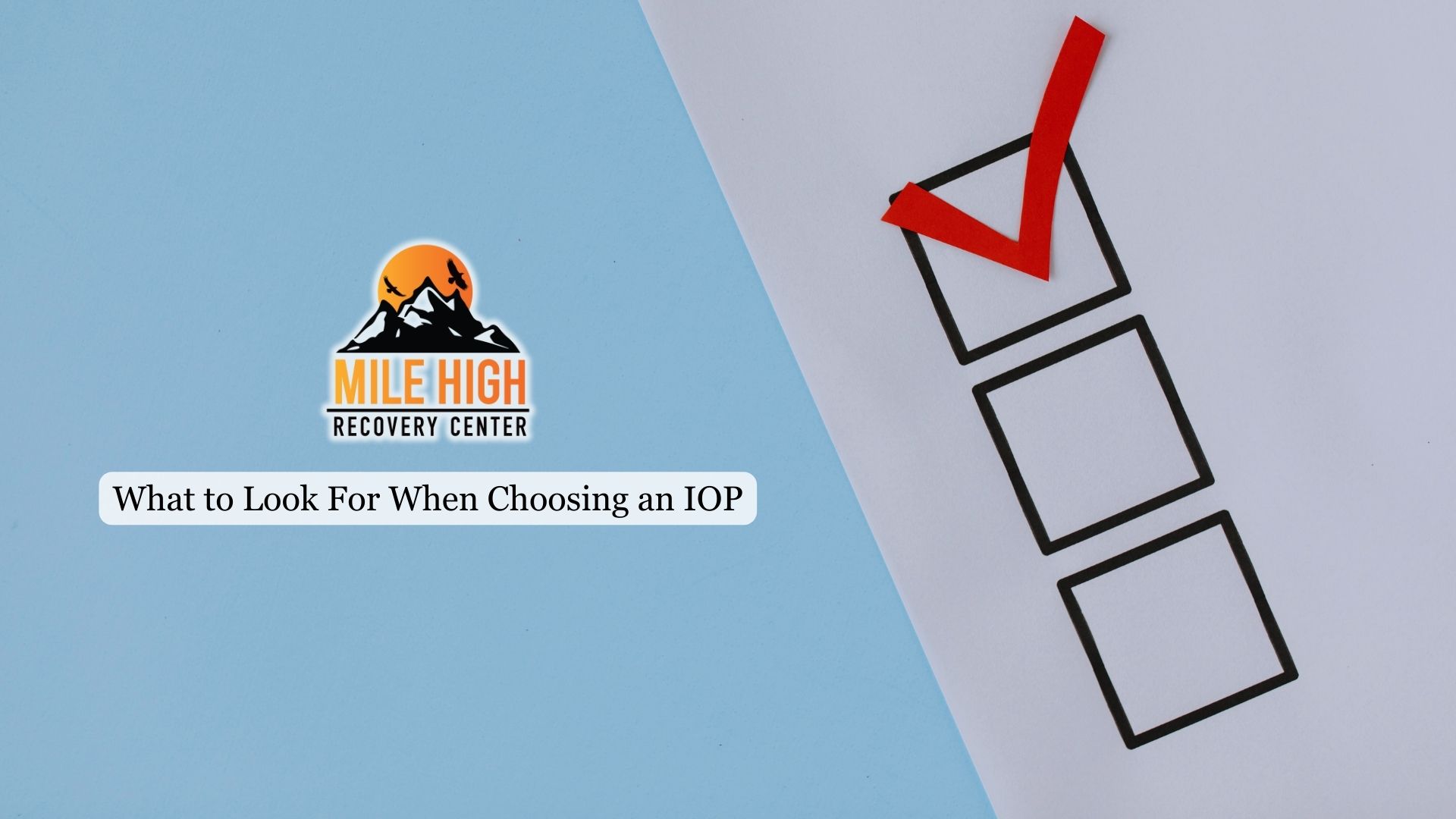Technology and Substance Abuse Treatment: What’s the Connection?
With substance abuse treatment, technology has emerged as a pivotal tool, enhancing the effectiveness and accessibility of interventions.

How Does Technology Affect Substance Use Disorder Treatment?
Technology and Substance Abuse Treatment at MHRC
Mile High Recovery Center (MHRC) is dedicated to delivering comprehensive addiction and mental health treatment in the heart of Denver, Colorado.
With a mission to provide holistic and evidence-based care, Mile High Recovery Center is here to help treat individuals grappling with substance use disorders and co-occurring mental health issues. Our center prides itself on its compassionate approach for sustainable recovery.
The Role of Technology and Substance Abuse Treatment
- Accessible
- Personalized
- Effective
Telemedicine
Digital Therapeutics
These evidence-based solutions can include cognitive-behavioral therapy (CBT), mindfulness training, and relapse prevention strategies delivered through digital platforms.
Mobile Applications
- Tracking sobriety milestones
- Setting reminders for medication or therapy sessions
- Accessing peer support communities
The Benefits of Technology and Substance Abuse Treatment
Augmenting Traditional Treatment Approaches
Online platforms can host virtual reality (VR) therapy sessions, simulating real-life scenarios for patients to practice coping strategies in a safe and controlled environment.
Improving Accessibility
Enhancing Engagement
How Technology and Substance Abuse Treatment Benefit You
A Deeper Dive Into Virtual Care Platforms in SUD Treatment
Telemedicine Expands Access to Care
Facilitating Ongoing Support
What Else Does Telemedicine Offer?
Digital Therapeutics in SUD Recovery
- Personalized Support: These platforms tailor interventions to meet the unique needs of each individual, using algorithms and user data to adapt content and recommendations.
- Self-Monitoring Tools: Users can track their progress, monitor triggers, and identify patterns through digital diaries and automated feedback systems.
- Skill-Building Exercises: Programs often include interactive modules for developing coping strategies, managing stress, and preventing relapse.
Mobile Applications for Recovery Support
- Sober Trackers: These apps help individuals monitor their sobriety milestones, providing visual progress indicators and motivational messages.
- Mindfulness Apps: Offering guided meditations and stress-reduction techniques, mindfulness apps aid in managing anxiety and improving emotional regulation.
- Peer Support Networks: These platforms connect users with a community of peers, facilitating shared experiences and mutual encouragement.
Wearable Technology in Recovery
- Encouraging Self-Awareness: By providing continuous feedback, wearables help individuals become more attuned to their physical and mental health states.
- Promoting Healthy Habits: Features like step counters and exercise reminders encourage physical activity, which is beneficial for both physical health and mental well-being.
- Supporting Overall Well-Being: Monitoring sleep and stress levels helps individuals identify and address factors that could impact their recovery, promoting a balanced lifestyle.
Online Support Communities for Recovery
- Sense of Belonging: By joining these communities, individuals feel part of a supportive network, reducing feelings of isolation.
- Continuous Support: Unlike traditional in-person meetings, online communities offer round-the-clock support, allowing members to seek help whenever they need it.
- Peer Advice: Members can share practical tips and strategies, offering real-life insights that complement professional treatment.

Integrating Technology with Holistic Approaches at MHRC
MHRC employs several proven methods, such as cognitive-behavioral therapy, dialectical behavior therapy, and medication-assisted treatment (MAT) to address substance use disorders.
Complementary therapies include mindfulness meditation, yoga, art therapy, and nutritional counseling, which support overall wellness and emotional balance.
What Treatment Programs Does Mile High Recovery Center Offer?
Embracing Technology and Substance Abuse Treatment at MHRC
Get In Touch With Our Team Today
Take the first step today and reach out to Mile High Recovery Center to learn more about our programs and services. Your journey to recovery begins here.






